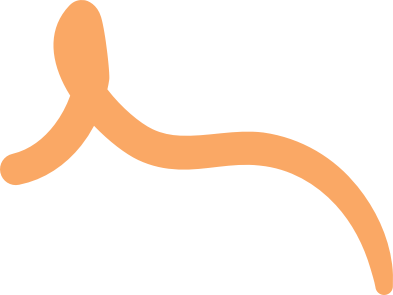
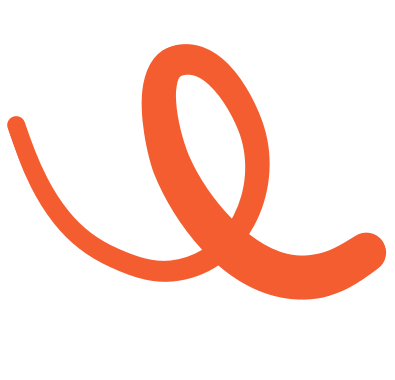
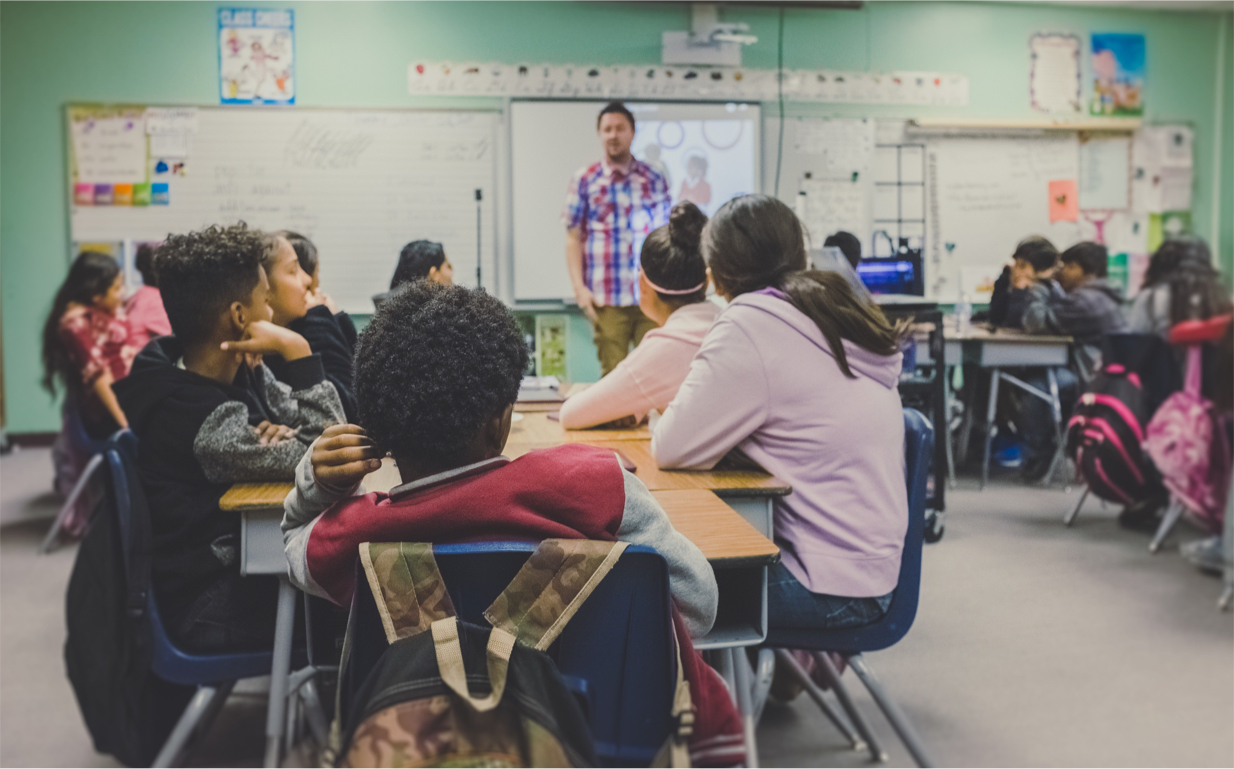
Through the Georgia Teacher Initiative, the Georgia Foundation for Public Education has awarded grants between $500 and $2,500 in Teacher Grants for Innovation to Georgia public school teachers with an innovative project designed to improve learning outcomes and make a measurable impact on your student’s lives.
View Recipients from previous rounds by clicking the links below, or look below on this page to see recent Recipients.

Using the Teacher Grant for Innovation, Ms. Stuckey will implement Ozobot Coding and STEM Exploration, which aims to transform STEM learning by integrating robotics and coding into the curriculum. Ozobots are small, programmable robots that engage students in hands-on, inquiry-based learning. They allow students to learn and apply coding, engineering, and problem-solving skills through fun, interactive challenges. These activities support collaboration and creativity while connecting STEM concepts to real-world applications like automation, design, and programming.




“Innovation in my classroom plays a vital role in engaging students and enhancing their learning experiences. By integrating new technologies and creative methodologies, I encourage critical thinking and collaboration. For instance, using audio recording for podcasts fosters not only technical skills but also creativity and self-expression. Innovative practices, such as project-based learning and guest speakers, inspire students to explore real-world applications of their studies. This approach cultivates a dynamic environment where students feel empowered to take risks, explore diverse perspectives, and actively participate in their education, ultimately preparing them for future challenges.”

“Innovation in my class plays a crucial role in engaging students and enhancing their learning experiences. By incorporating hands-on, real-world projects like building electric race cars, students apply scientific concepts creatively and critically. Innovation fosters problem-solving, teamwork, and the ability to experiment and iterate, making learning more meaningful and dynamic. It allows students to connect classroom knowledge with real-life applications, sparking curiosity and preparing them for future STEM fields. Through innovative approaches, students become active participants in their education, developing the skills and mindset needed to tackle challenges in an ever-evolving world.”

“Innovation in the classroom through esports involves leveraging gaming to enhance learning and engagement. By integrating esports, I create a dynamic environment where students develop critical thinking, teamwork, and digital literacy skills. This approach not only makes learning more relevant and enjoyable but also prepares students for future opportunities in the growing esports industry. The innovative use of esports fosters inclusivity, collaboration, and a modern educational experience that resonates with students’ interests and needs.”
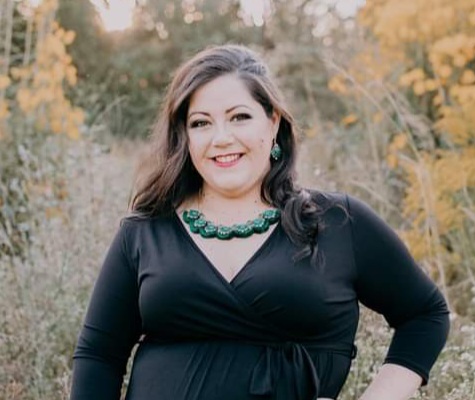
“I pride myself in offering as many hands-on experiences as I possibly can in my classroom. Students are going to remember the things they did way more than they will remember the things they read about. I consider my classroom to be very innovative as I provide many activities that make learning come to life for my students.”

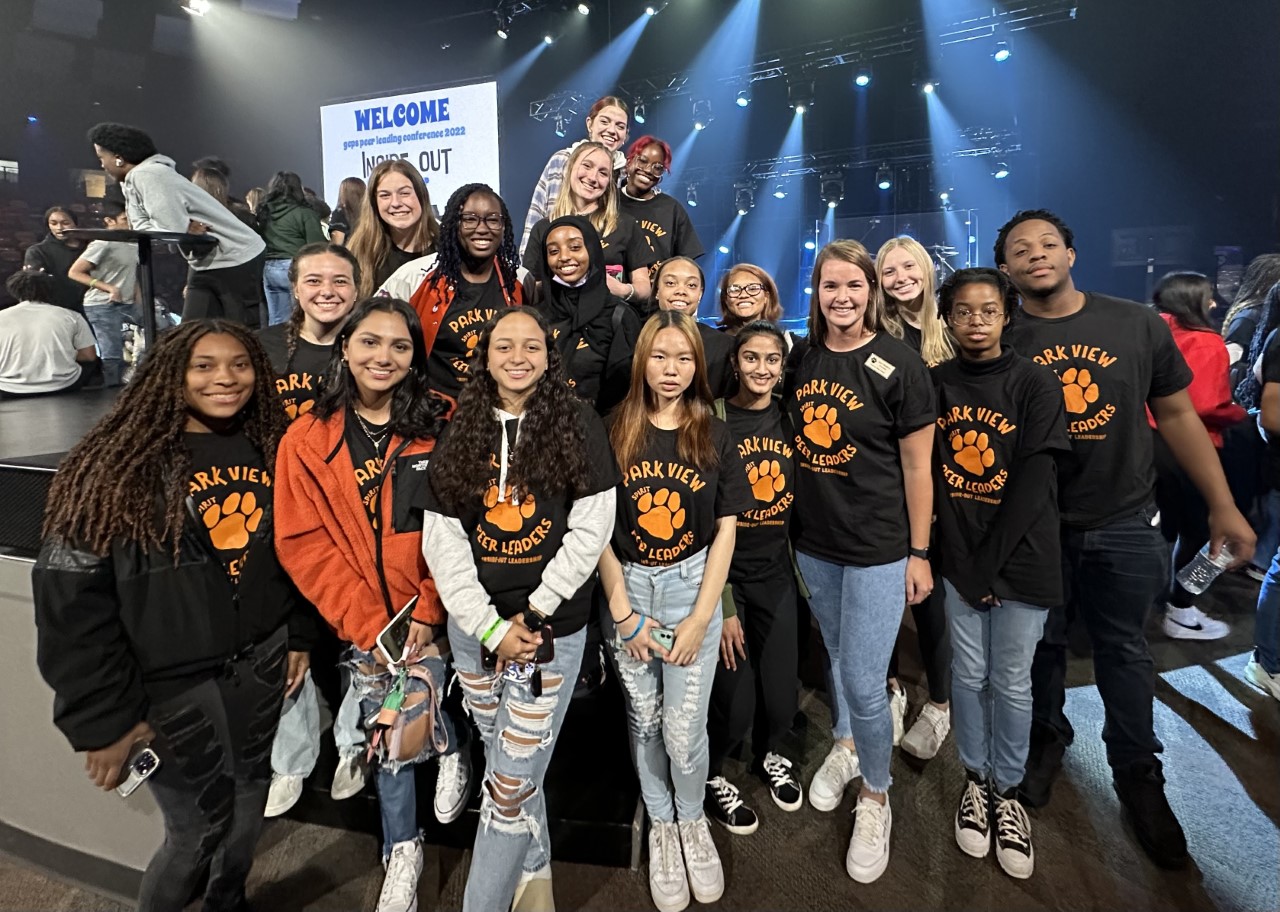


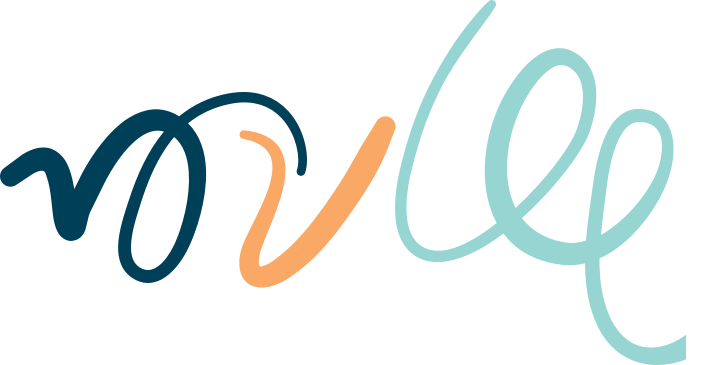


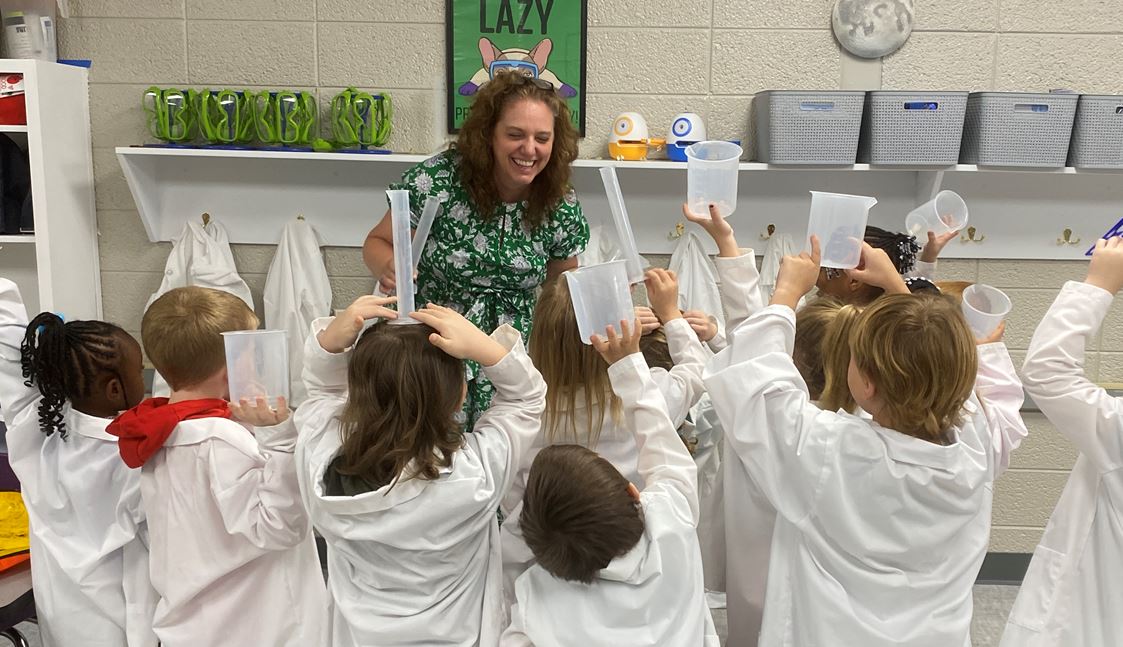
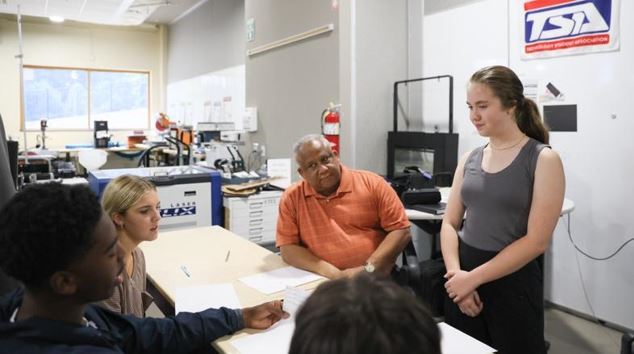
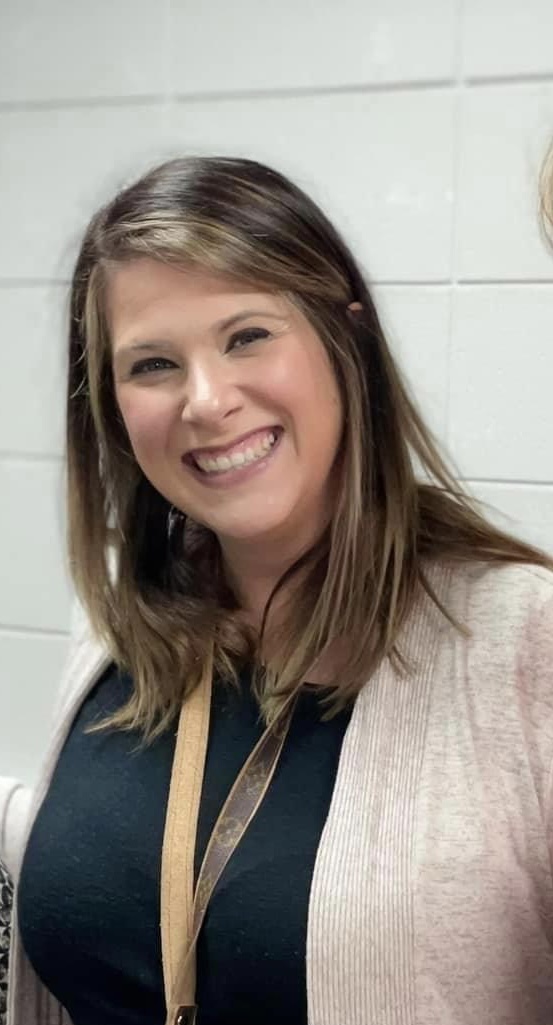
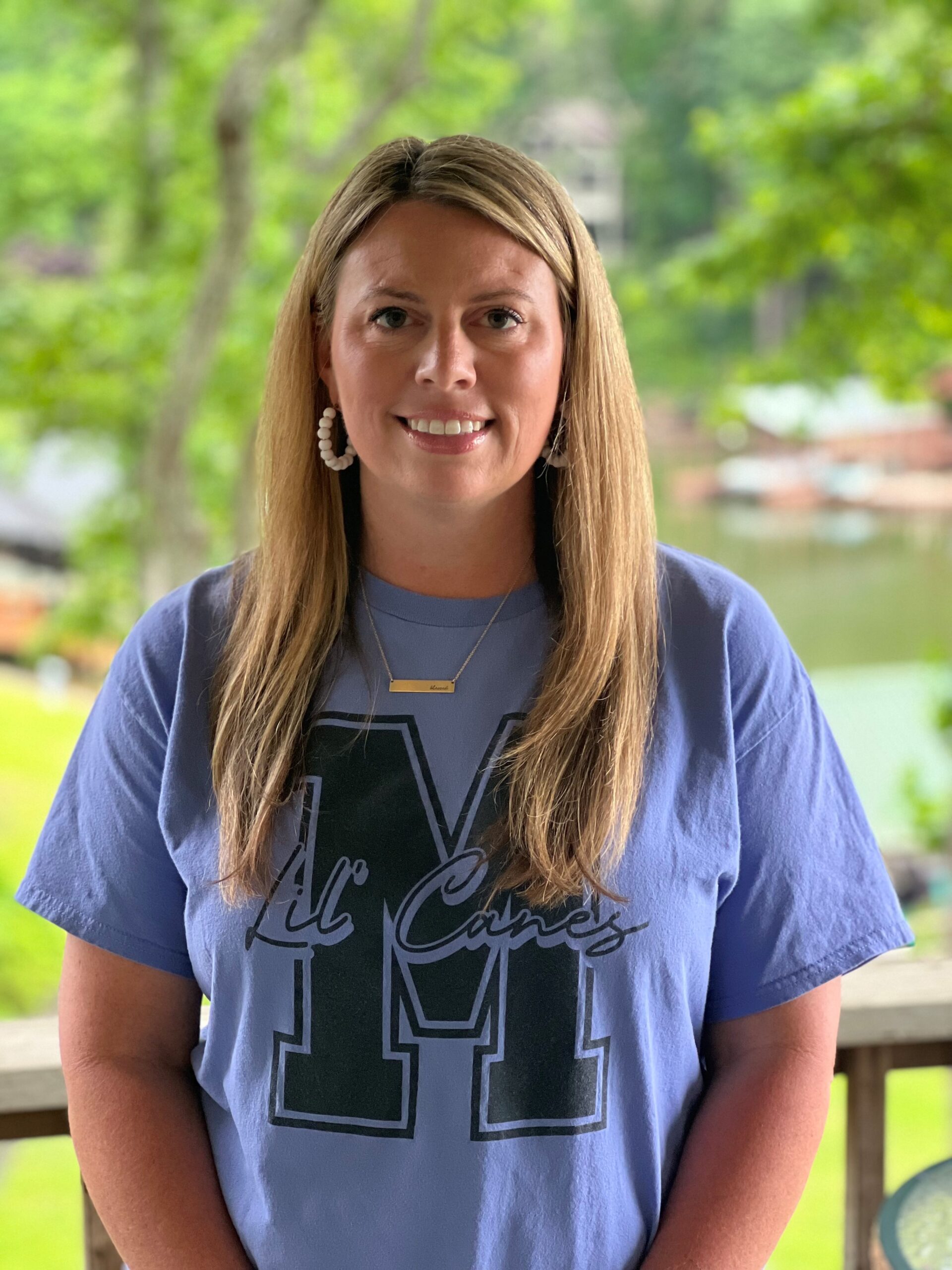
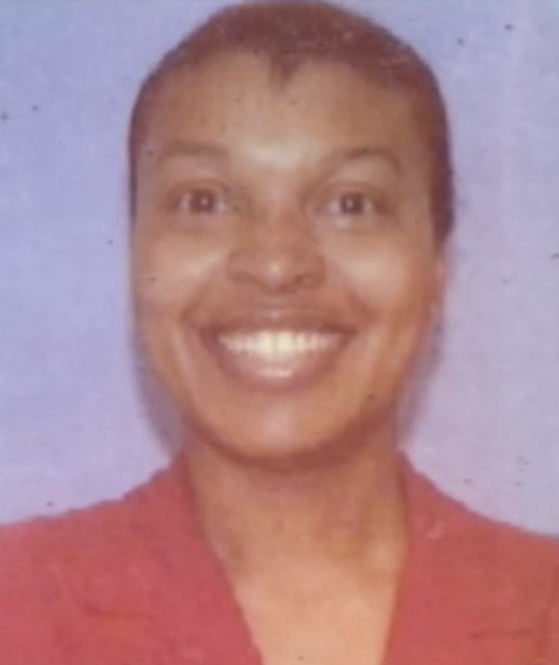
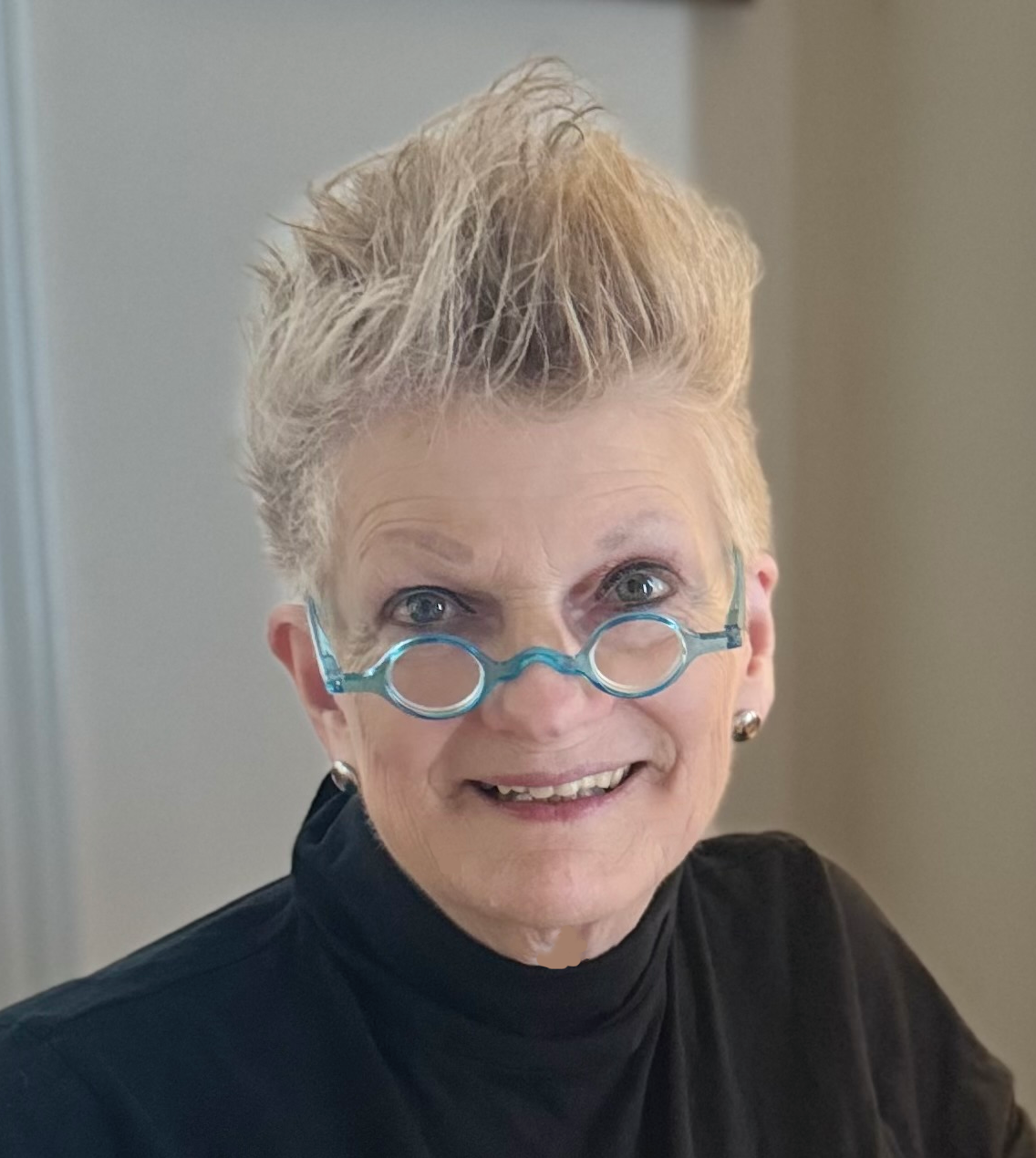
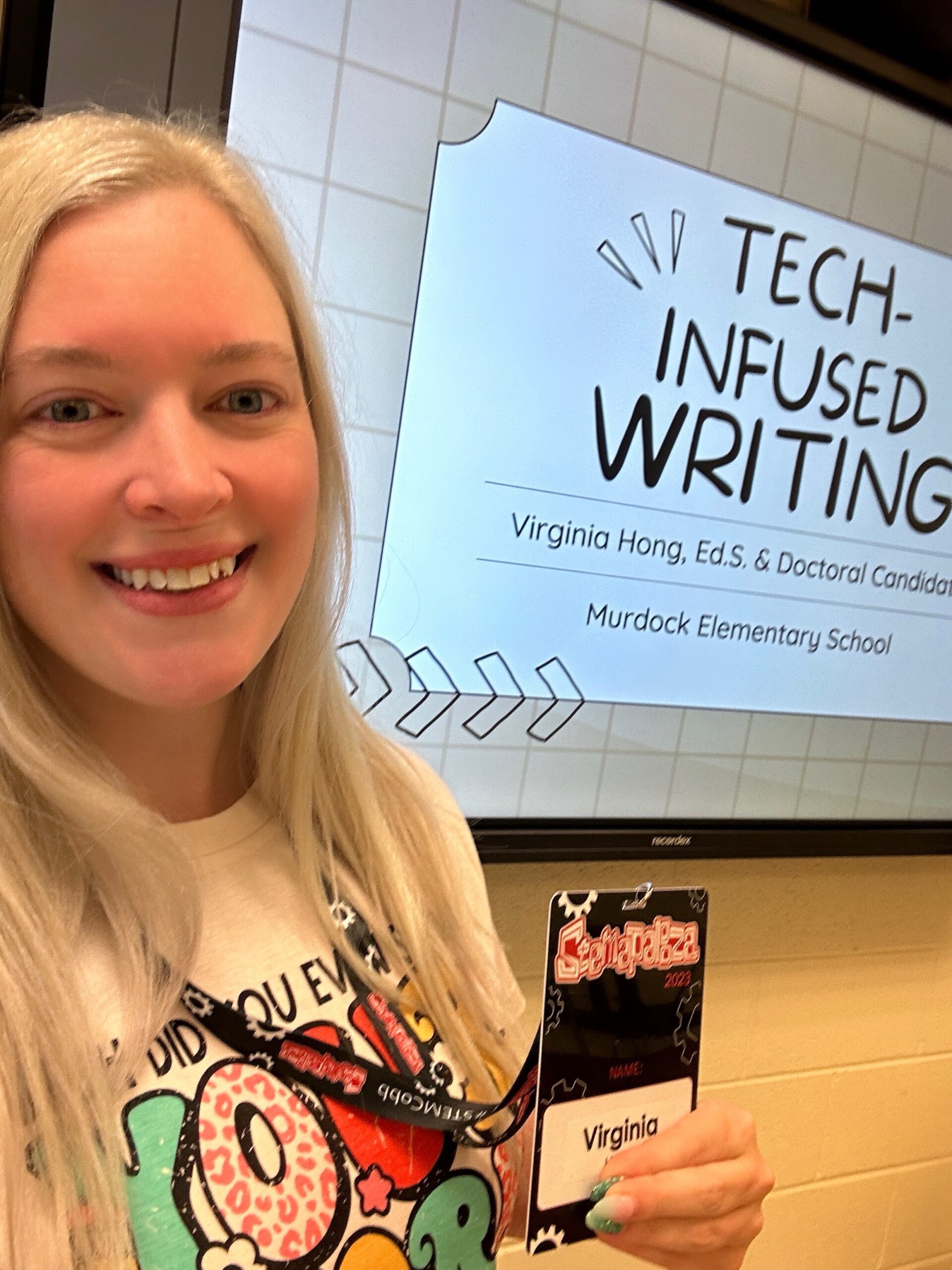
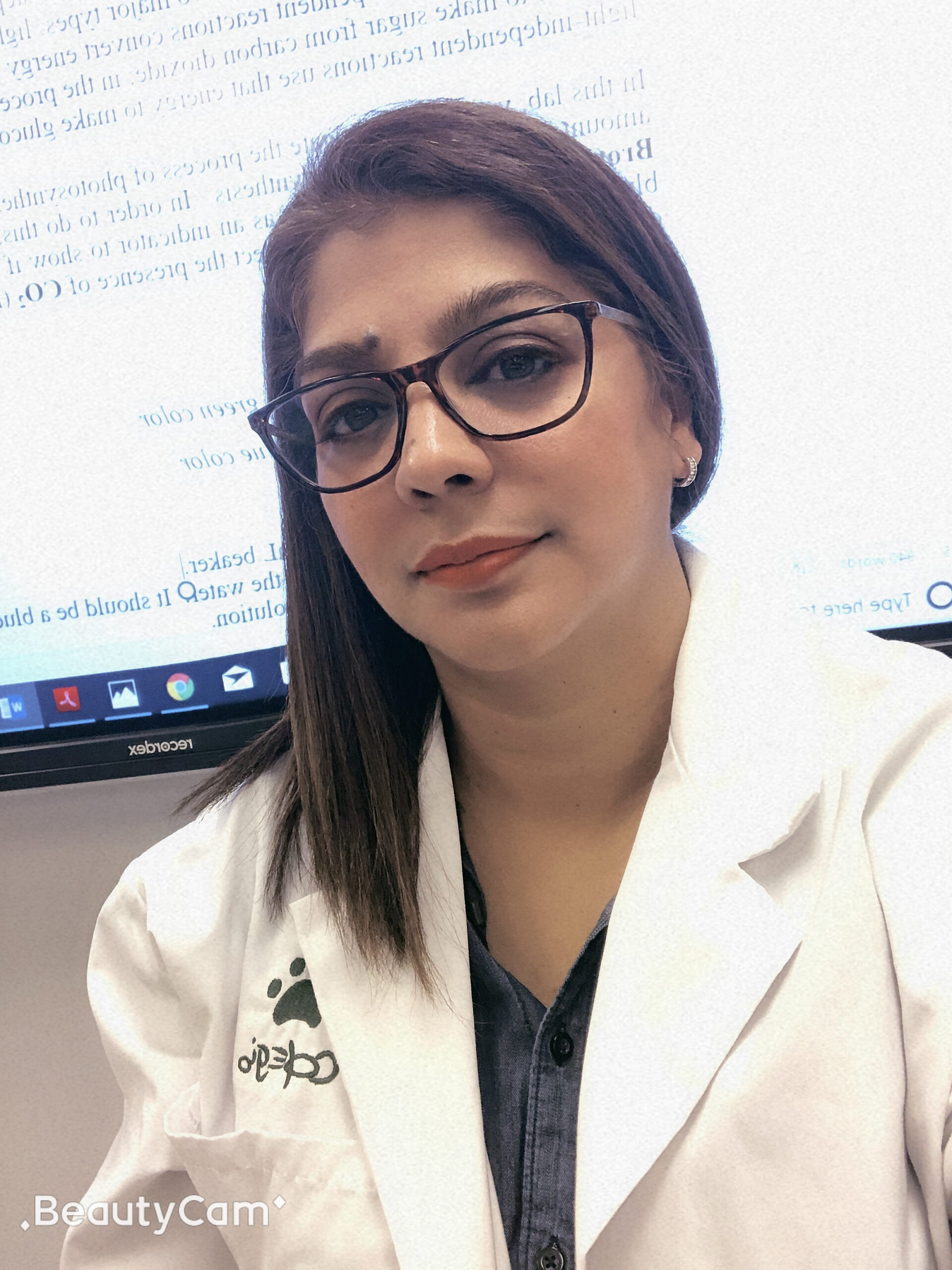
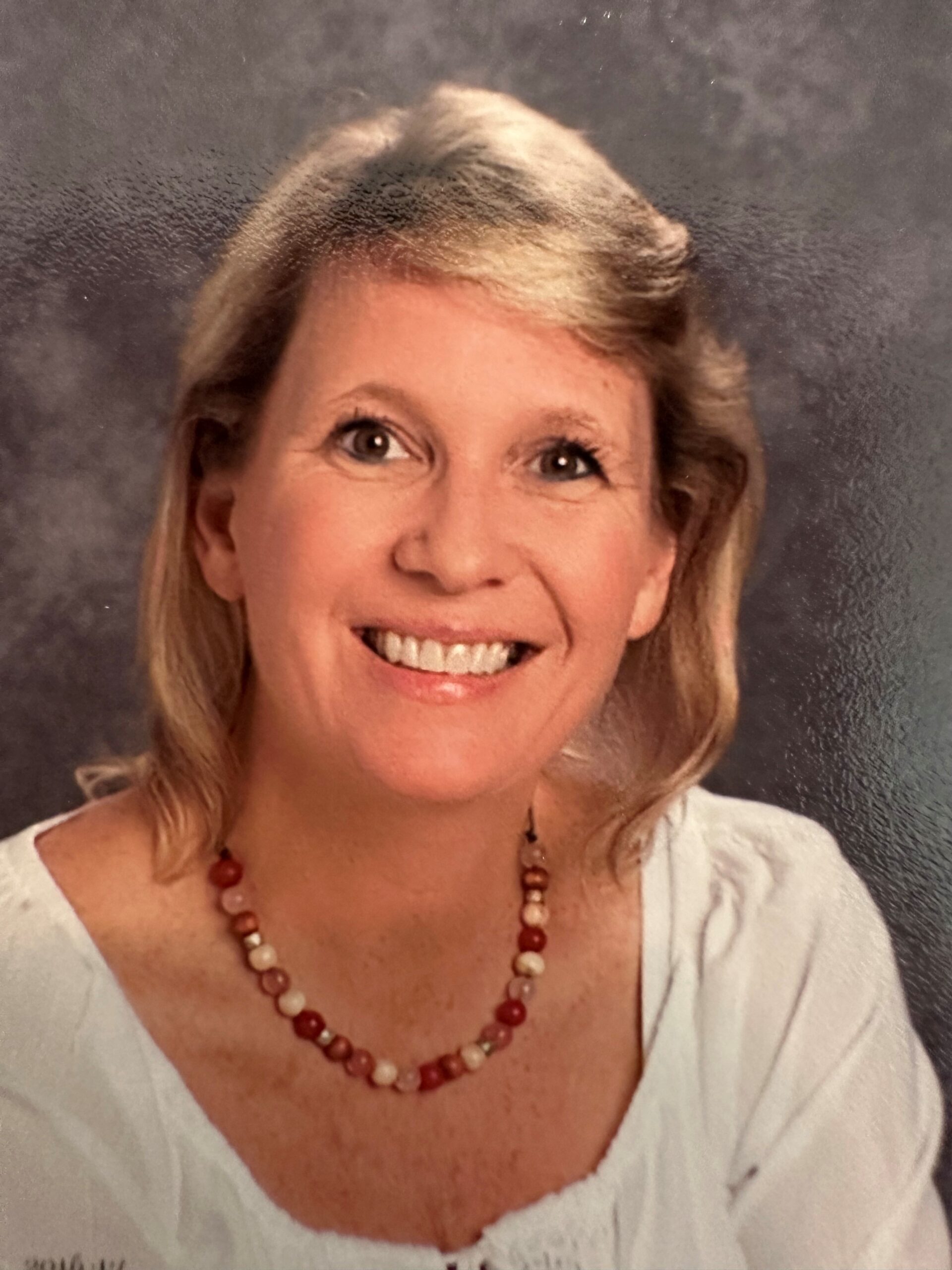
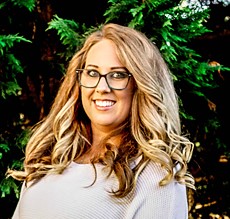
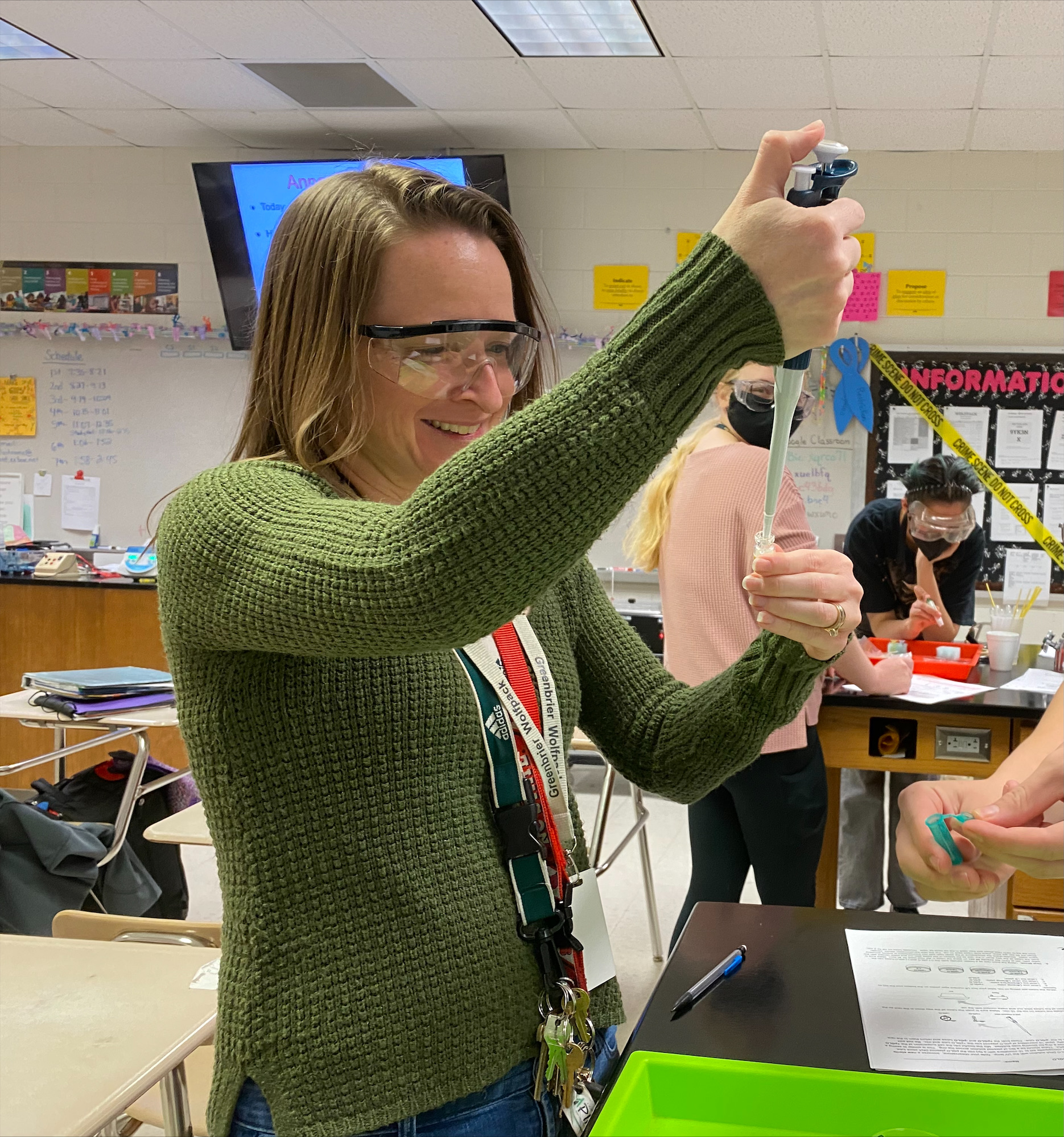
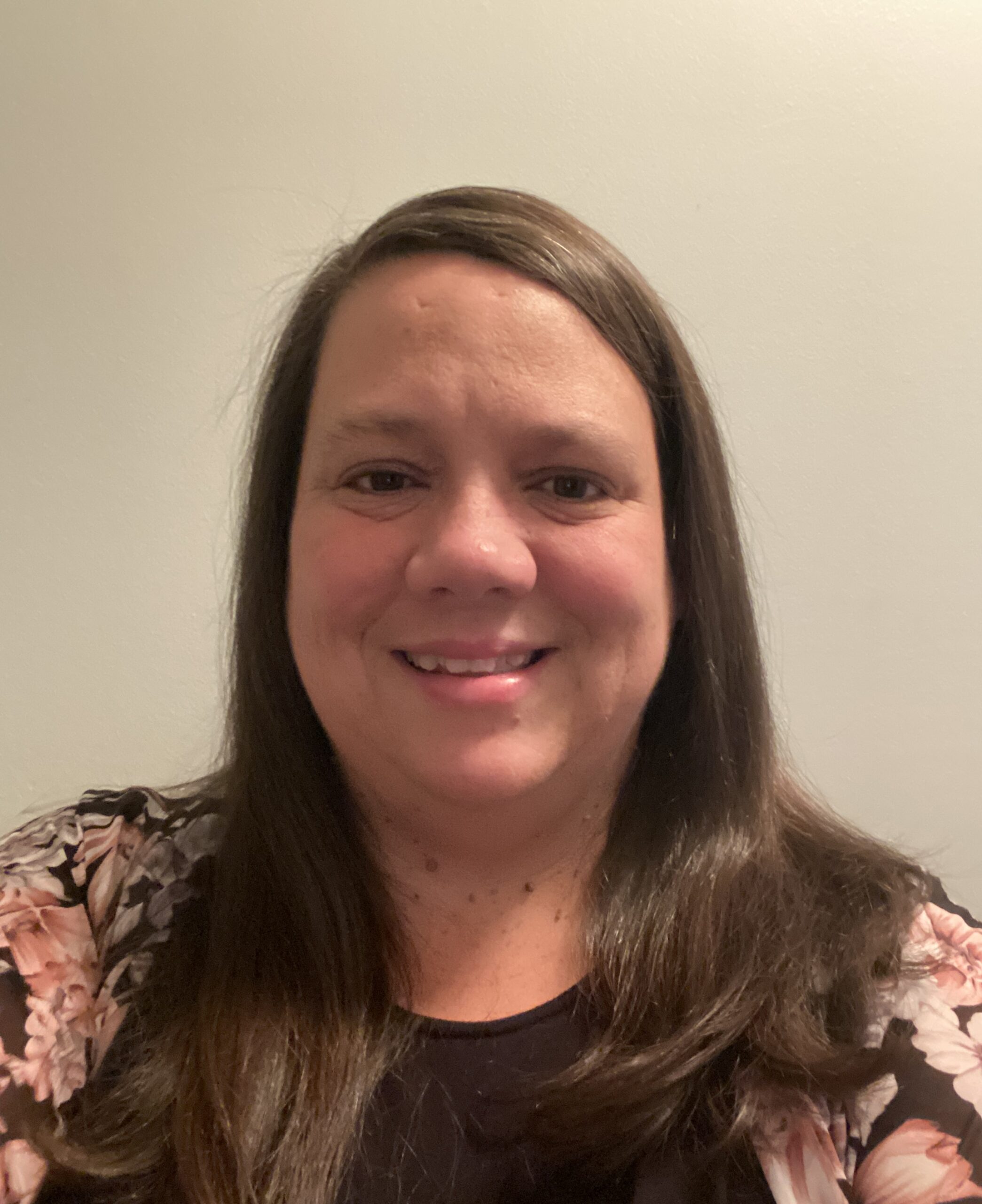

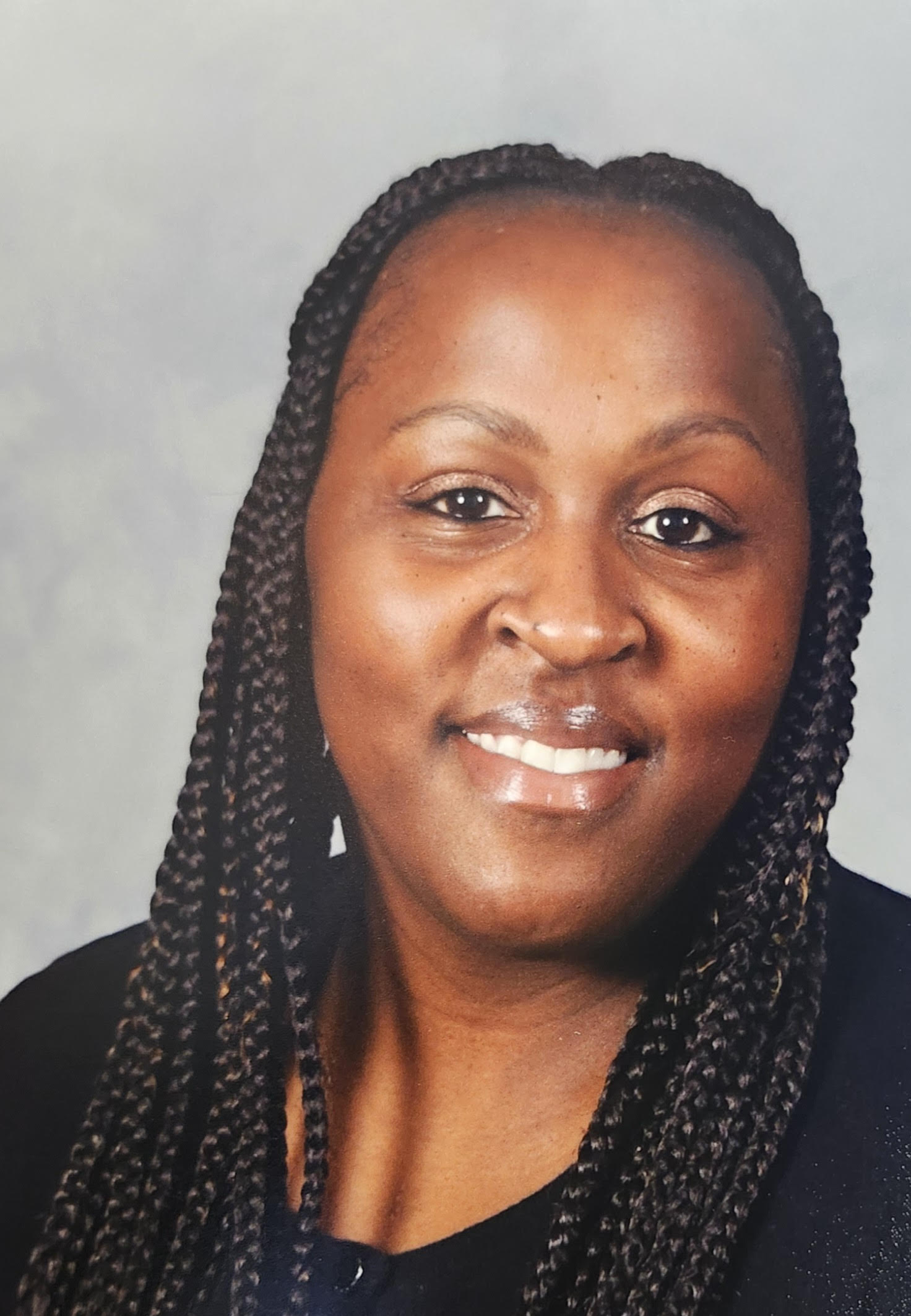
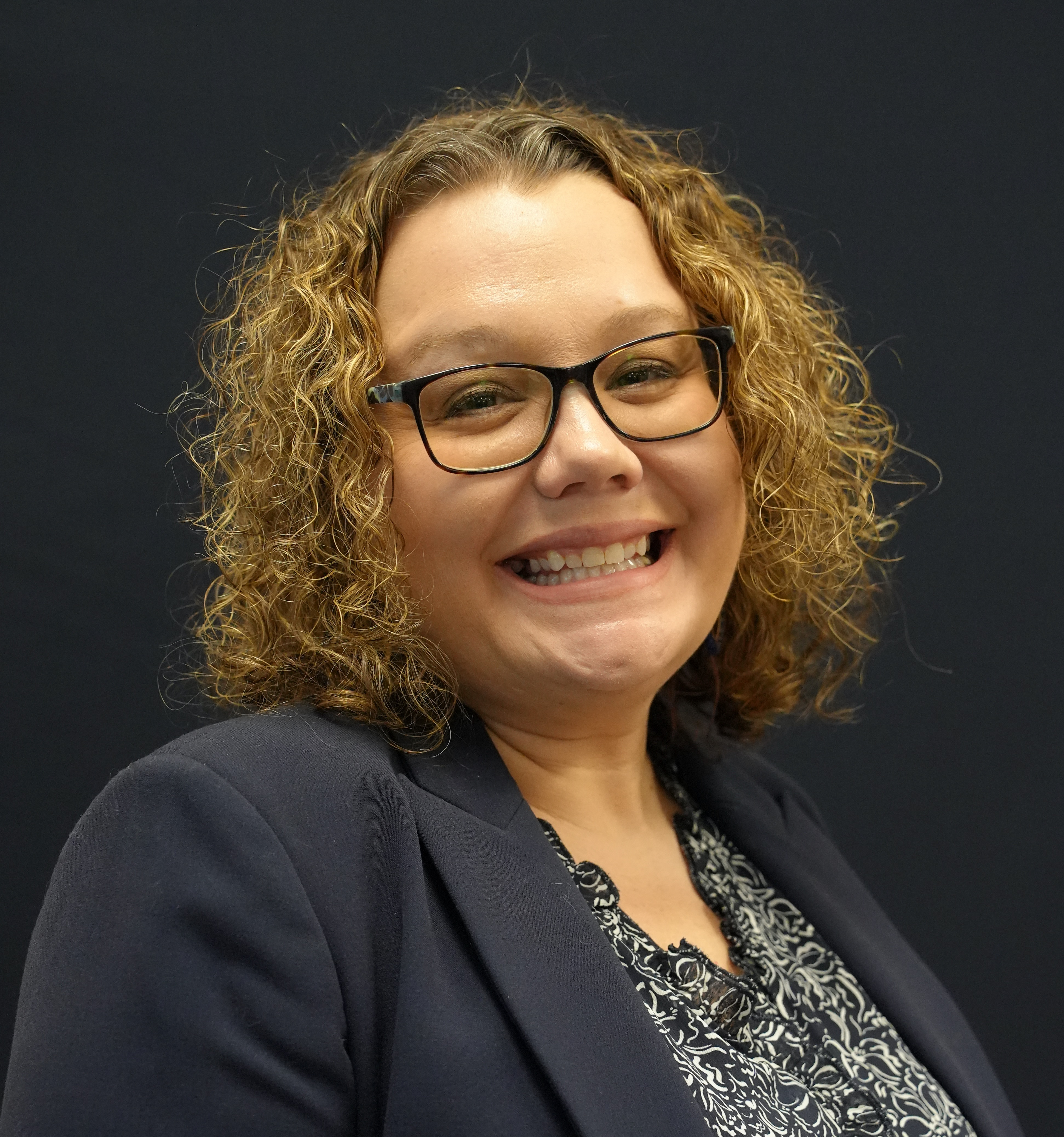
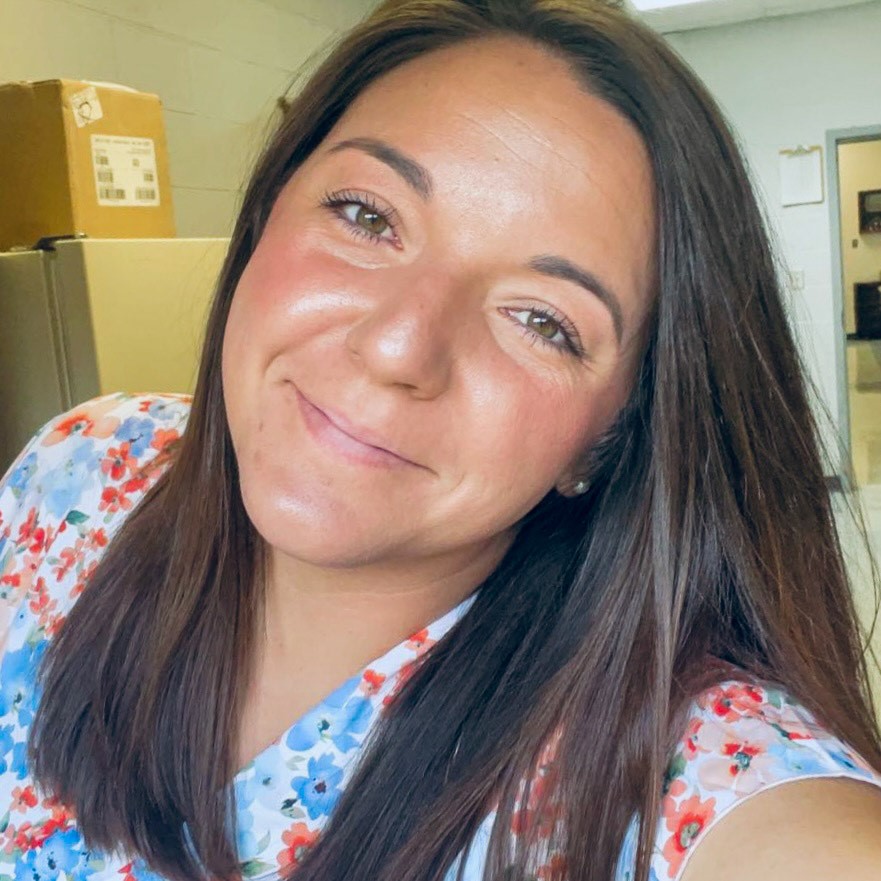
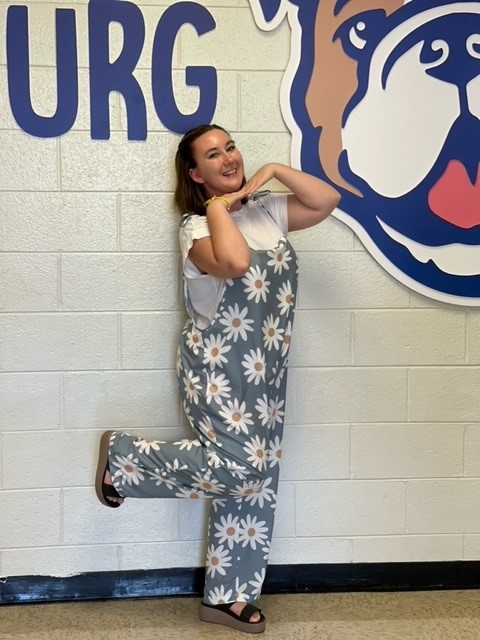
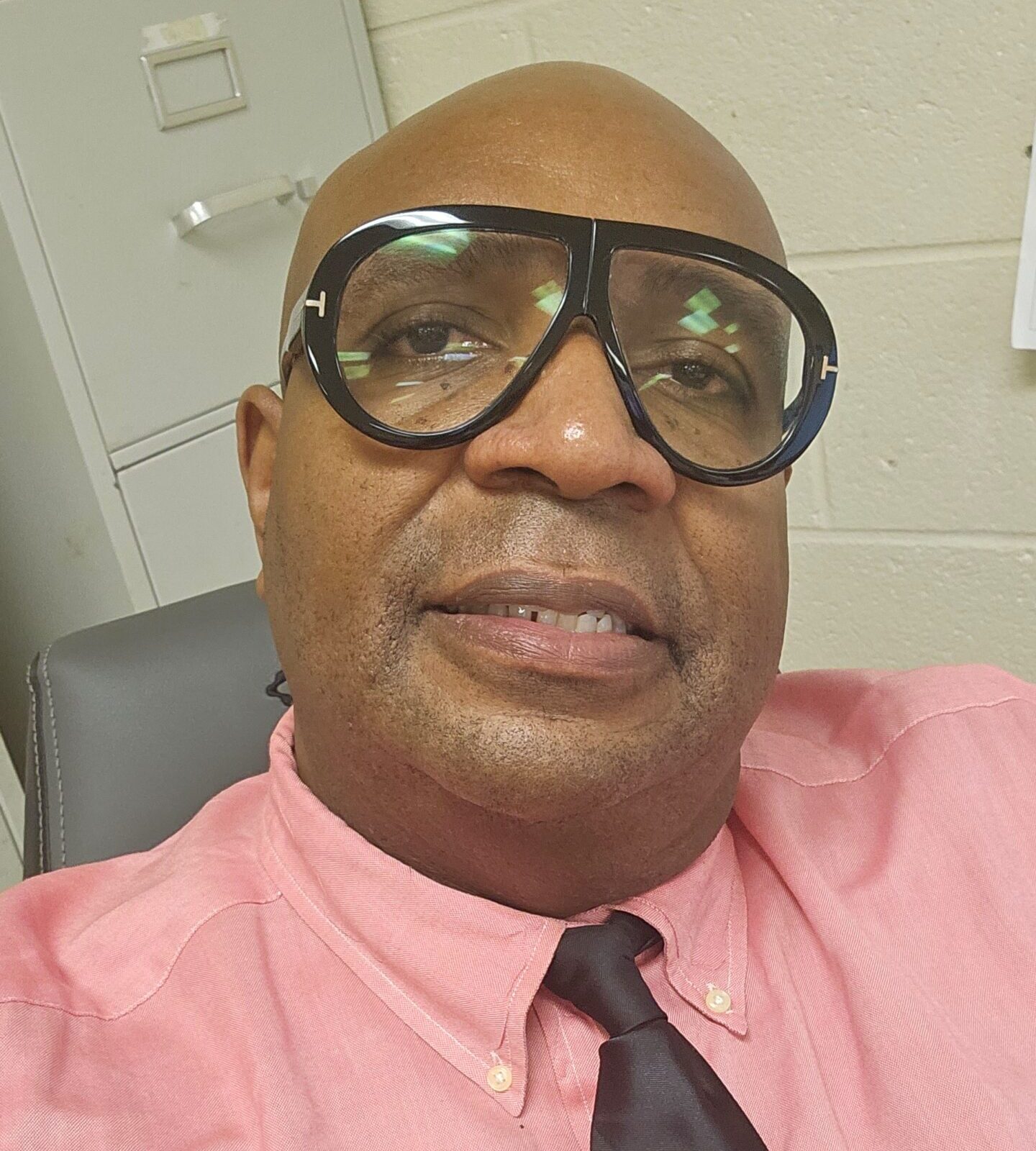
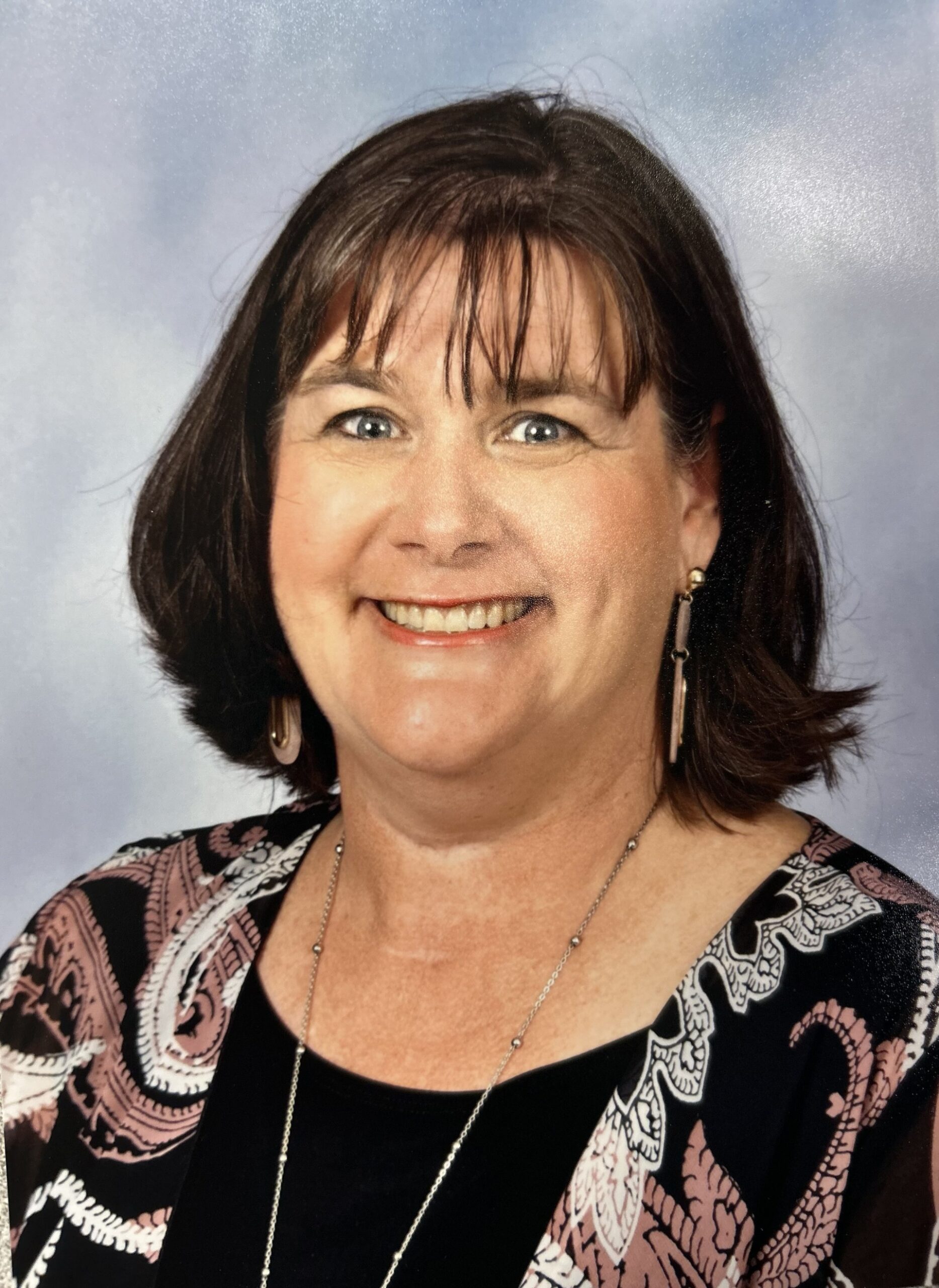
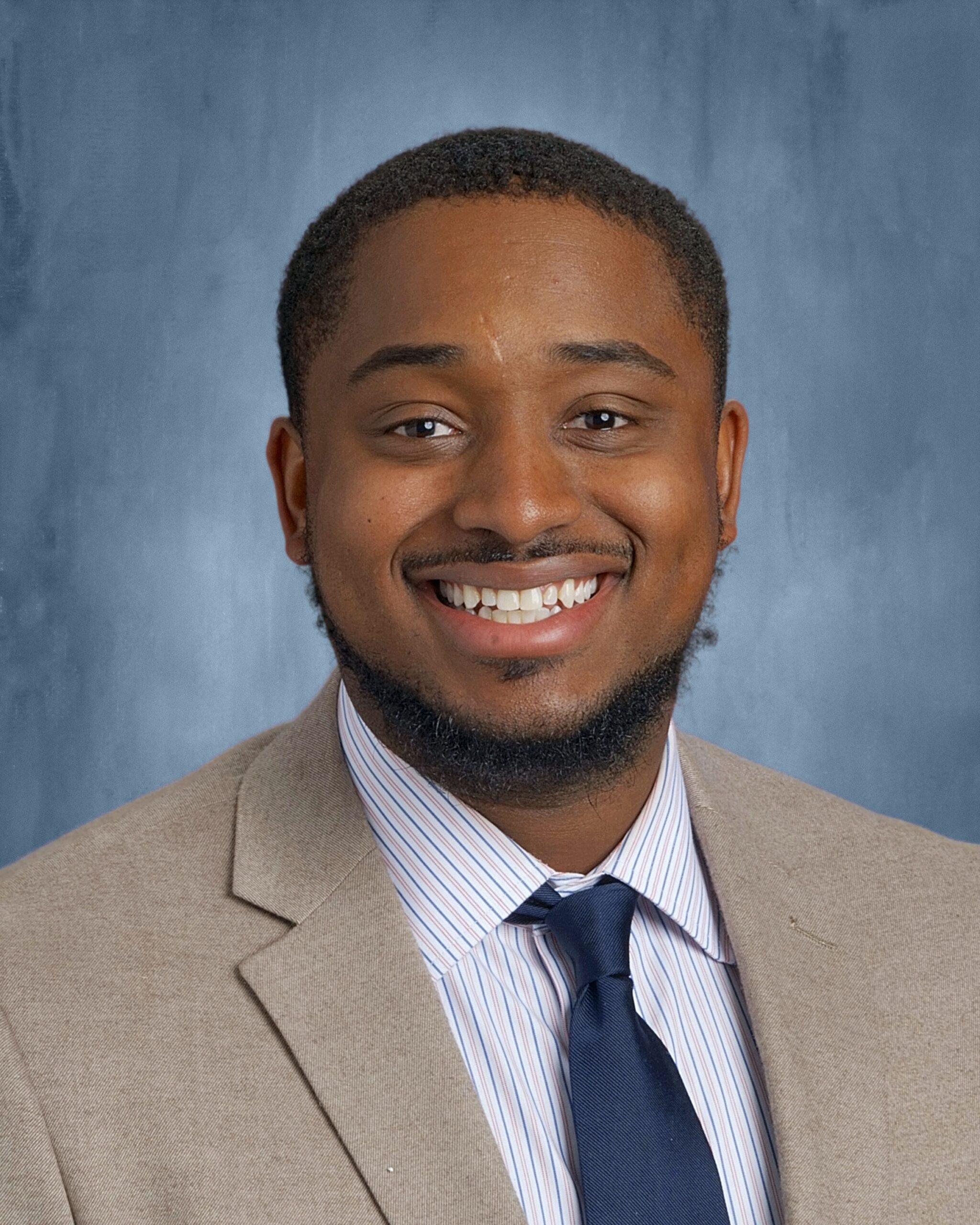
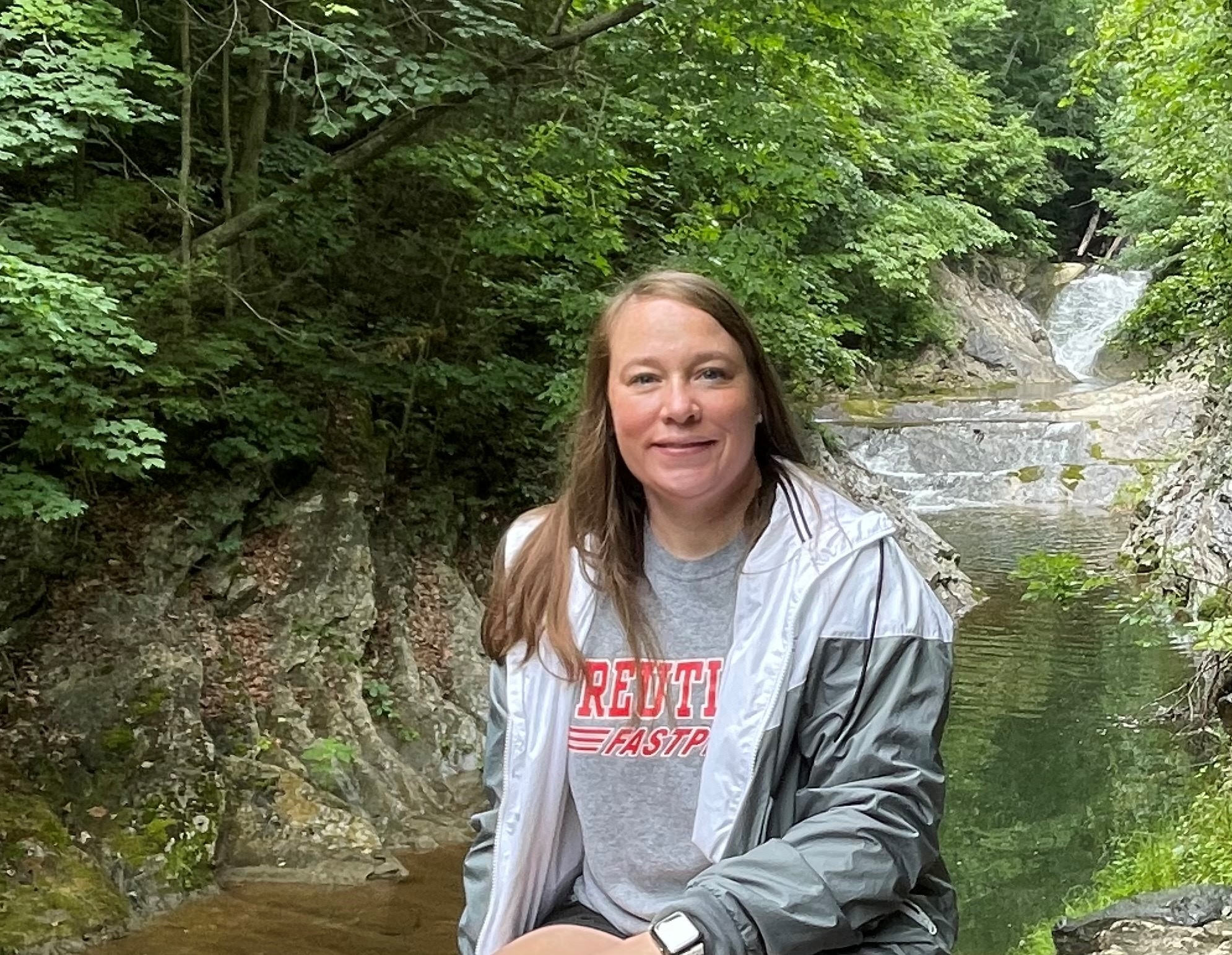
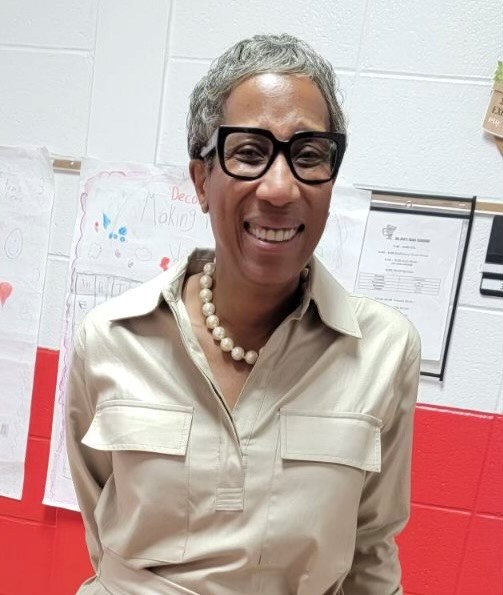
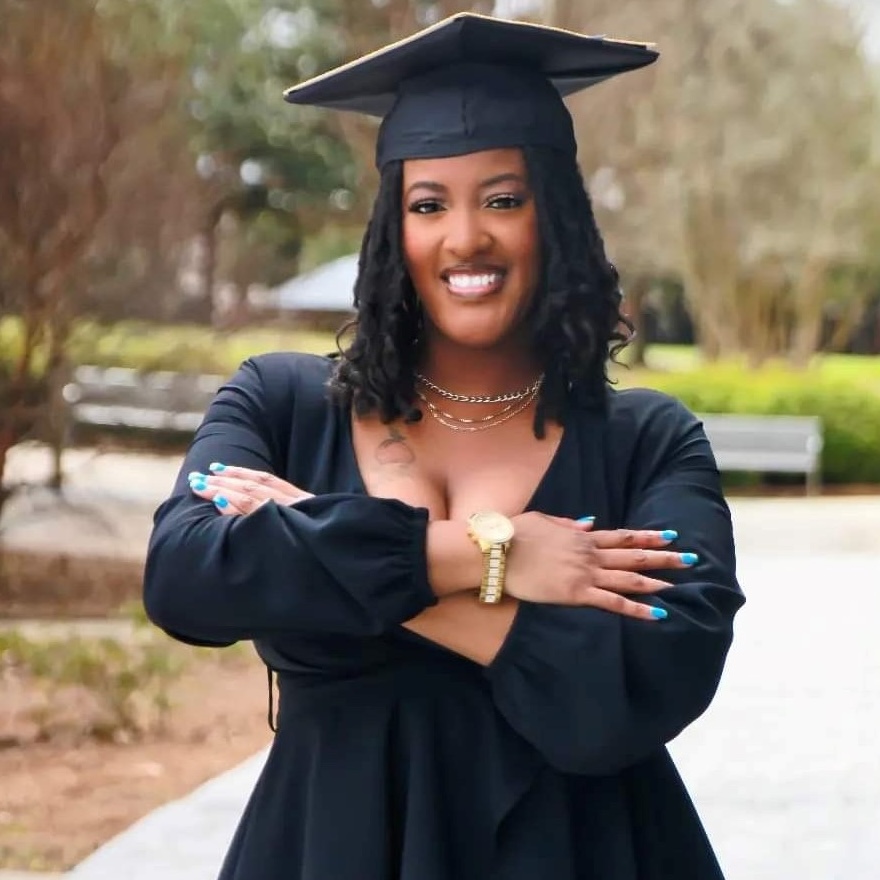
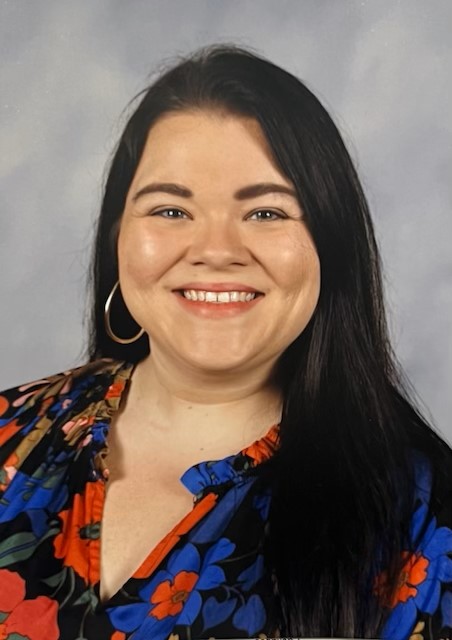
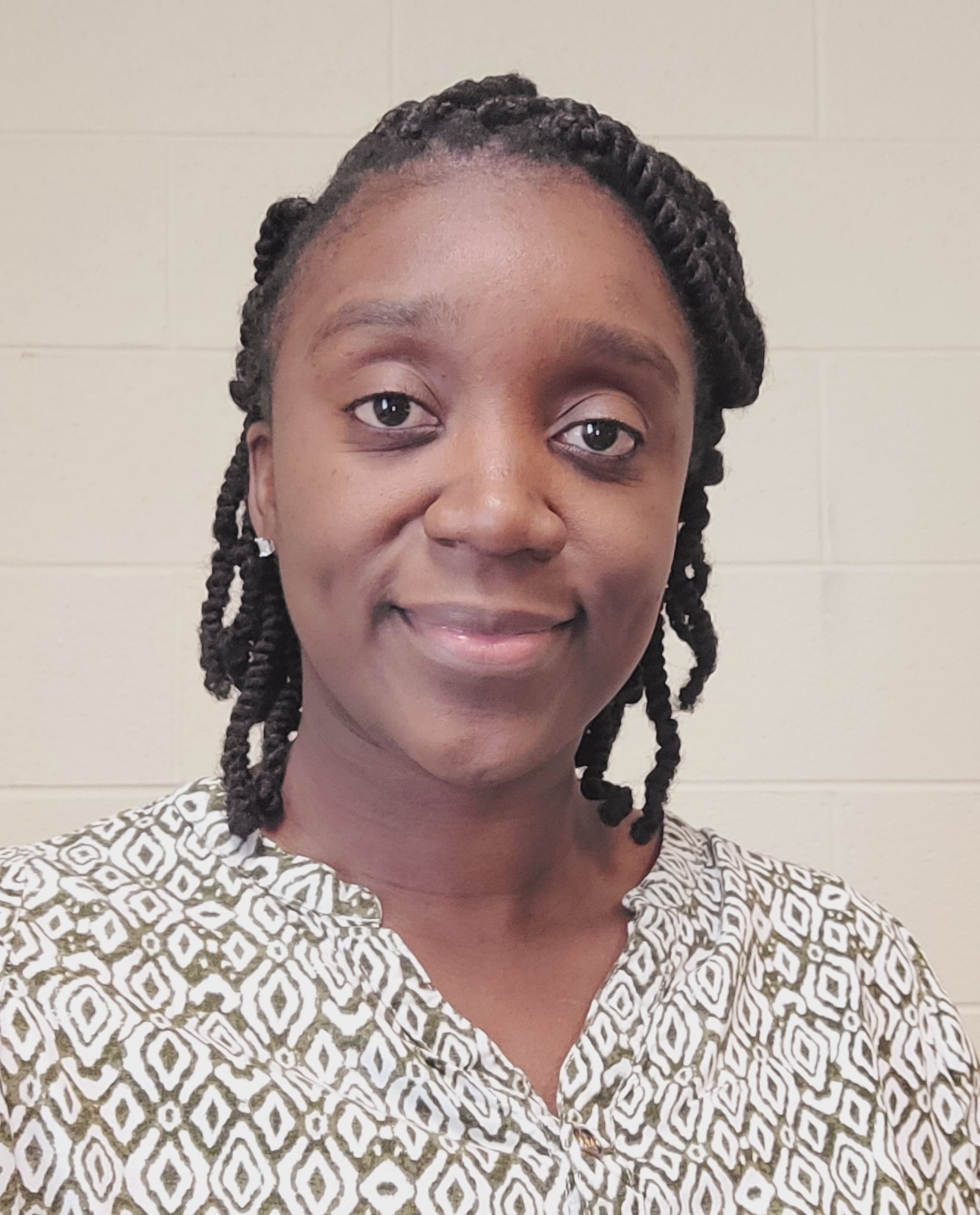
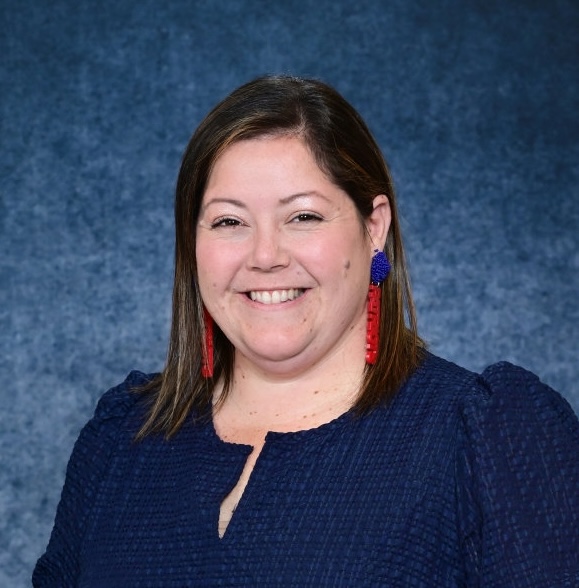
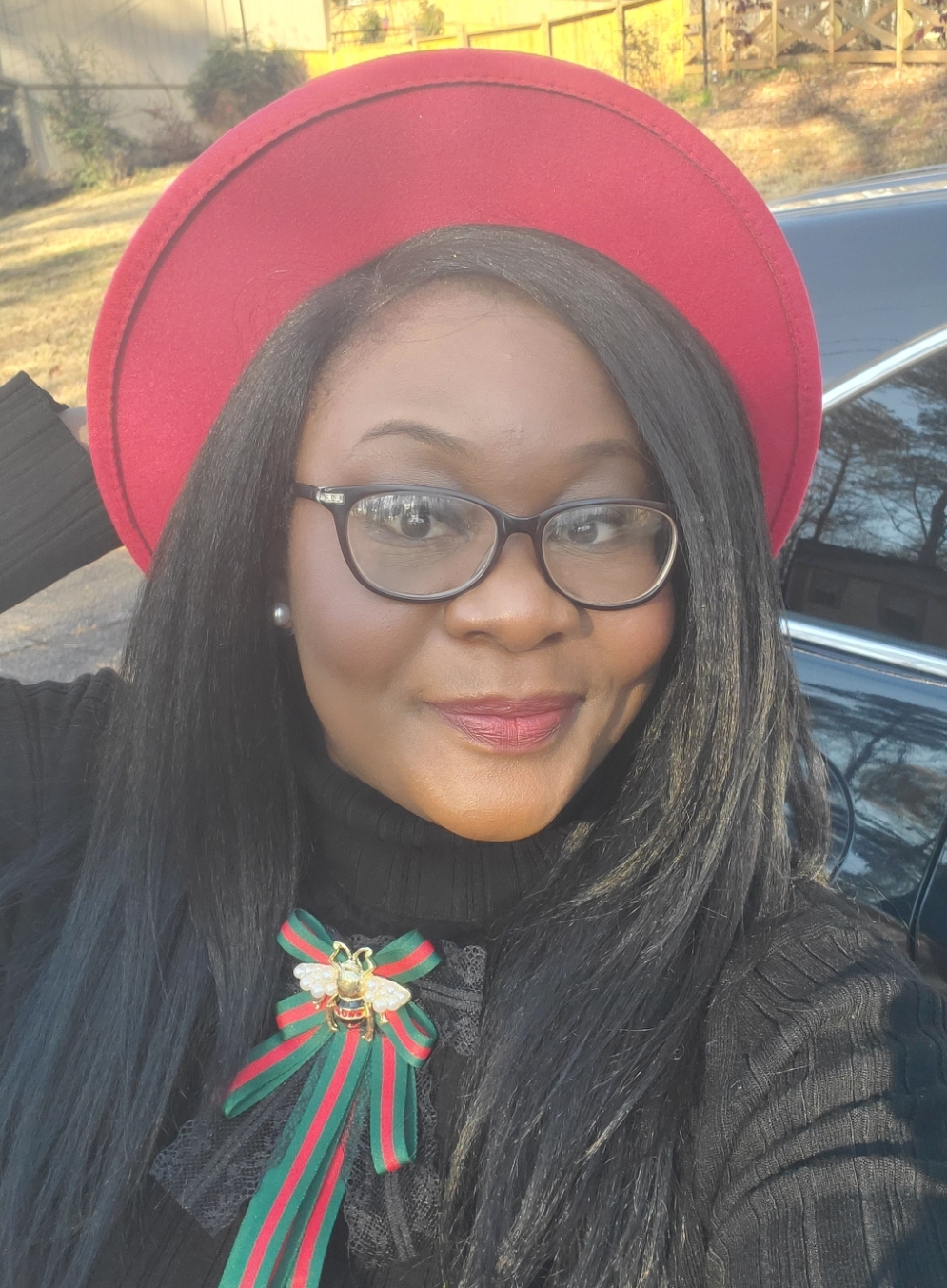
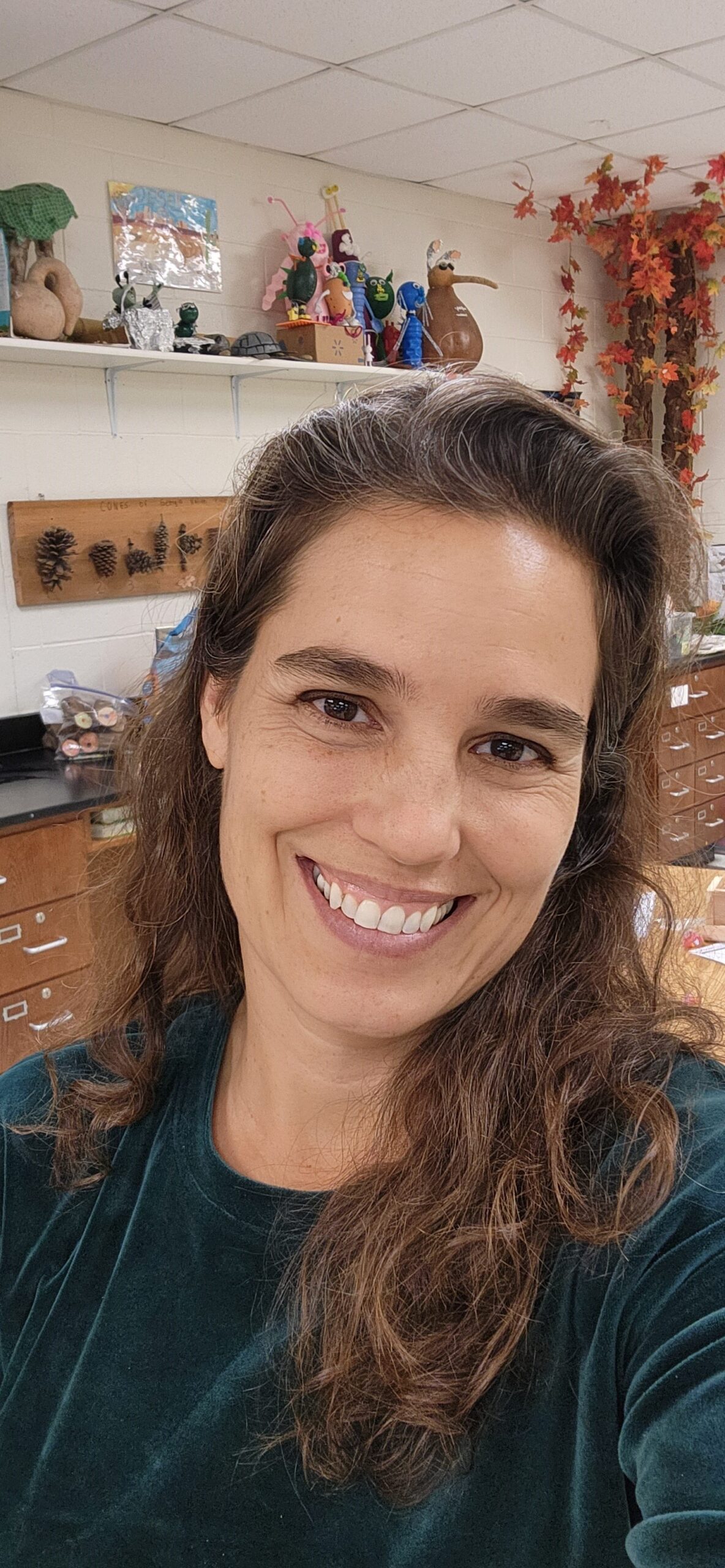
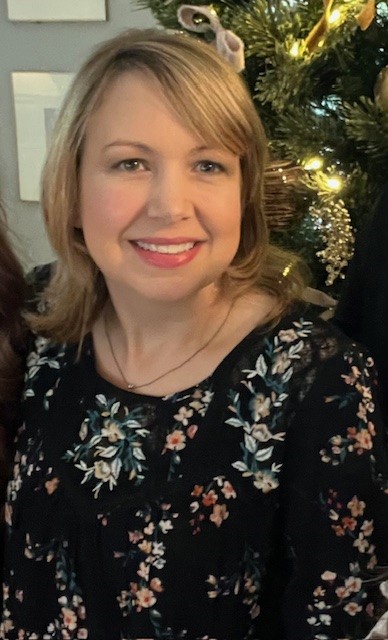
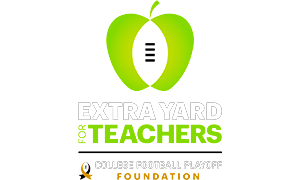
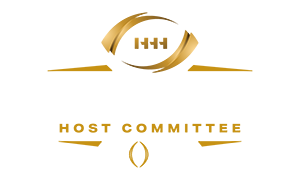
Georgia Teachers Initiative is a registered 501(c)(3) nonprofit. | Privacy Policy
Join our online community to stay up-to-date on the latest updates, including grant opportunities, events, giveaways, and more!